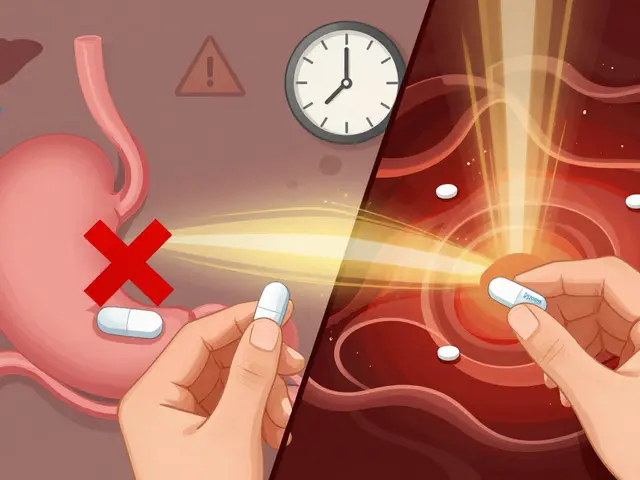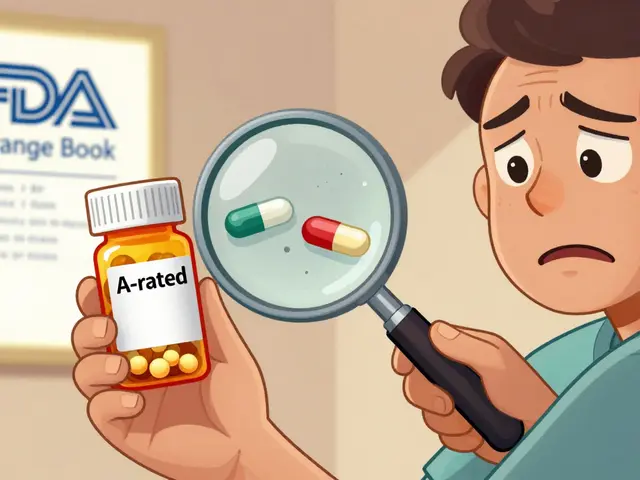Alternative Medicine: Practical Choices and Safe Alternatives
Want alternatives to prescription drugs or curious about natural options? Alternative medicine covers everything from supplements and herbal remedies to different prescription choices and procedures. This page gathers clear, practical guidance so you can make safer decisions without getting lost in hype.
How to evaluate an alternative
First question: does it work for your problem? Look for specific evidence—clinical trials, well-documented reviews, or guideline mentions. If you can’t find clinical data, treat the option as experimental. Second, check safety. Ask about common side effects, interactions with current meds, and long-term risks. Third, confirm quality: for supplements, prefer third-party testing (USP, NSF) and brands with lots of transparent lab reports. For prescription alternatives, ask your clinician for comparisons on effectiveness, side effects, and cost.
Cost matters. Some alternatives save money, others add hidden costs like extra monitoring or follow-up visits. Compare total cost, not just sticker price. If a cheaper online pharmacy looks too good to be true, it usually is. Look for clear contact info, pharmacy license, verified reviews, and secure payment pages.
Practical safety tips for buying meds and supplements
Buying online? Verify the pharmacy: check for accreditation or membership in national boards and readable physical address and phone number. Never buy prescription-only drugs without a valid prescription. Watch packaging and pill appearance—different color or size can indicate counterfeit. For supplements, choose products with batch testing and readable ingredient lists. Avoid proprietary blends that hide exact amounts of active ingredients.
Start low and watch for reactions. If you try a new herb or supplement, begin at a low dose and track changes for at least two weeks. Keep a simple log: dose, time, and any side effects. Share that log with your healthcare provider. If you’re on blood thinners, antidepressants, blood pressure meds, or hormones, double-check interactions—many natural products affect drug levels.
When to pick a medical alternative vs. a natural option? For serious conditions—diabetes, dementia, severe infections, or heart disease—don’t replace proven treatments without medical oversight. Use alternatives as complements, not replacements, unless a qualified clinician recommends a switch. For milder issues—hair loss, joint pain, mild anxiety—some alternatives may work well and carry fewer side effects.
Want recommendations? Read trusted reviews, check recent articles on specific alternatives (like Synthroid or Propecia substitutes), and consult pharmacists. Use the information here to start smarter conversations with your doctor. Smart choices come from clear evidence, careful sourcing, and honest tracking of results.

The Role of Dimethyl Fumarate in Complementary and Alternative Medicine
Hey there, health enthusiasts! Let's delve into the thrilling world of Dimethyl Fumarate, or DMF for us science nerds. This cheeky little compound has been making waves in the world of Complementary and Alternative Medicine. Imagine it as a sort of superhero, swooping in to reduce inflammation and protect your cells, like a microscopic guardian angel! So, whether you're into traditional medicine, or you prefer to walk on the wild side with alternative treatments, our buddy DMF might just be your new best friend!
View More




